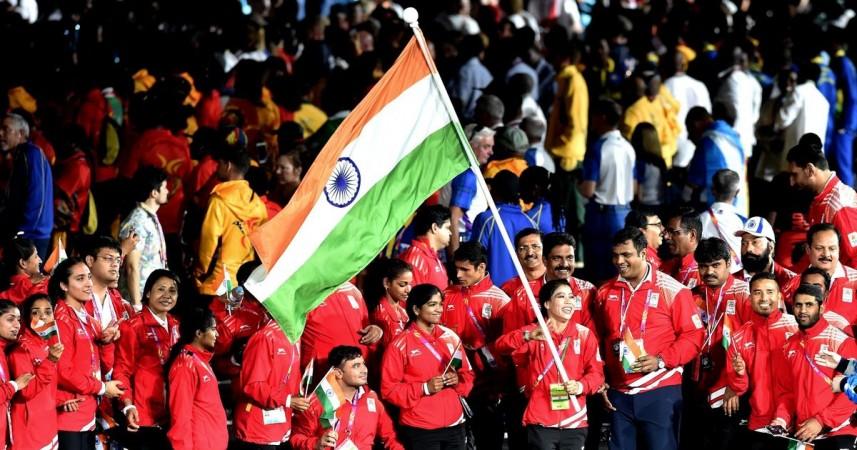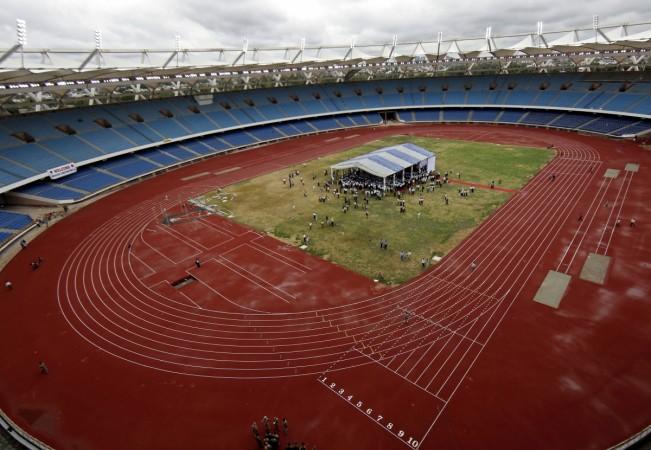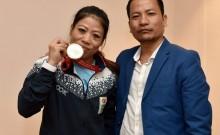After much consideration on whether to bid for the 2026 or the 2030 edition of the Commonwealth Games, Indian sports authorities have decided to opt for the former option. This is a welcome move as, till some time ago, the Indian Olympic Association (IOA) was even contemplating boycotting the 2022 edition of the games due to shooting being removed as an event from it.
The IOA had approached the government for clearing their proposal to bid for either the 2026 or 2030 CWG. Now that this clearance has been obtained, IOA can move ahead full throttle to ensure that the country hosts this multilateral event for a second time – after the 2010 edition.
However, there are certain questions that need to be asked. Is there a danger that the fiasco that ensued in the run-up to the 2010 edition repeats itself? Will the games be of any help to the country? Will it promote sports in a way that the legacy of the games becomes useful?

Better organisation
As far as the first question is concerned, one can be rather optimistic that, once bitten, twice shy, the government, whoever be in charge, would make sure that the organisation of the games goes through a more streamlined and transparent process. It would be helpful if the government directly oversees the procedures rather than totally relying on the independent sports bodies to play their games.
The organizing committee that is formed for the games, if India does indeed secure the rights for them, should consist of some eminent personalities, belonging to various disciplines, to ensure a diverse and valuable input. Regulatory authorities should be given the task of keeping a hawk's eye on the expenditure side of things.

Legacy issue
But the more important question that arises is whether the games would be of any consequence in promoting sports. This is where the legacy of the 2010 edition is mixed. While the games did create a fervor around Indian sports and generated a lot of excitement, it can't be said that they played a pivotal role in boosting the culture of sports to a much higher level.
To ensure that the games are valuable to the country in the following years also, it would be very beneficial to hold them, not in Delhi, but in a less privileged place. This would allow good infrastructure to be built in those areas that can be used in future to promote sports.
On top of that, the new facilities should be world class and completed at least a year before the games, so that Indian players can practice in them and get a clear home advantage. There should also be the participation of the larger society in the promotion and organisation of the games. It should encourage ordinary people, especially school kids, to join in the preparation.
Cultural aspect
Lastly, for goodness sake, the cultural events surrounding the 2026 edition should be more reflective of India's great and ancient culture. In 2006, at the closing ceremony of the Melbourne Games, the invitation to India was extended through silly Bollywood song and dance numbers and by making Lara Dutta and Priyanka Chopra parade through the stadium.
The games should be used to promote true Indian culture, with its depth and profoundness, not the shallow and cheap entertainment of Bollywood variety. If this can be accomplished, the games would be a success.

















